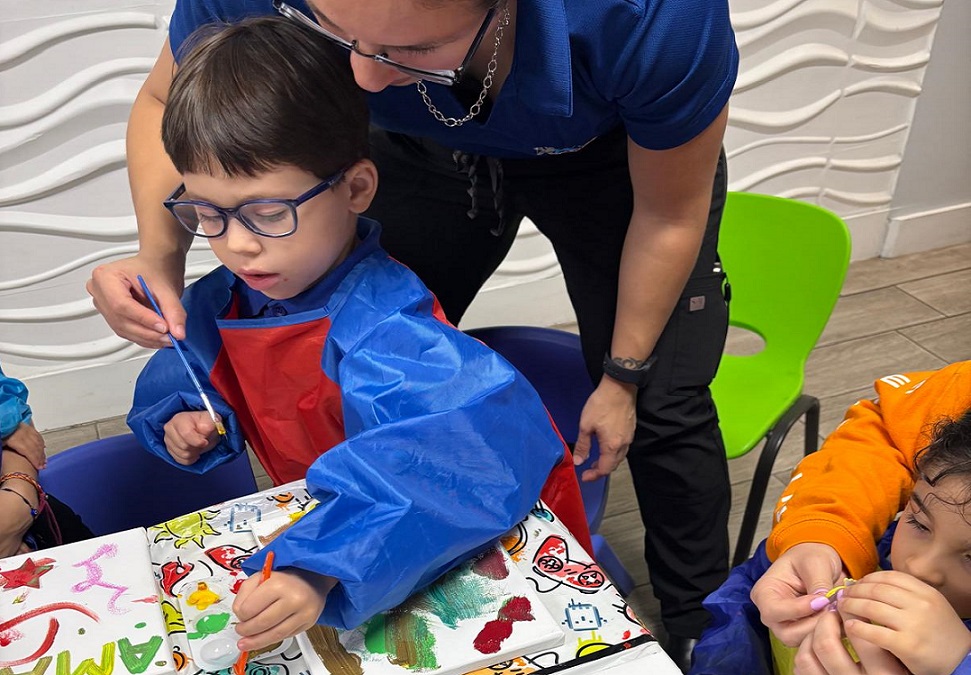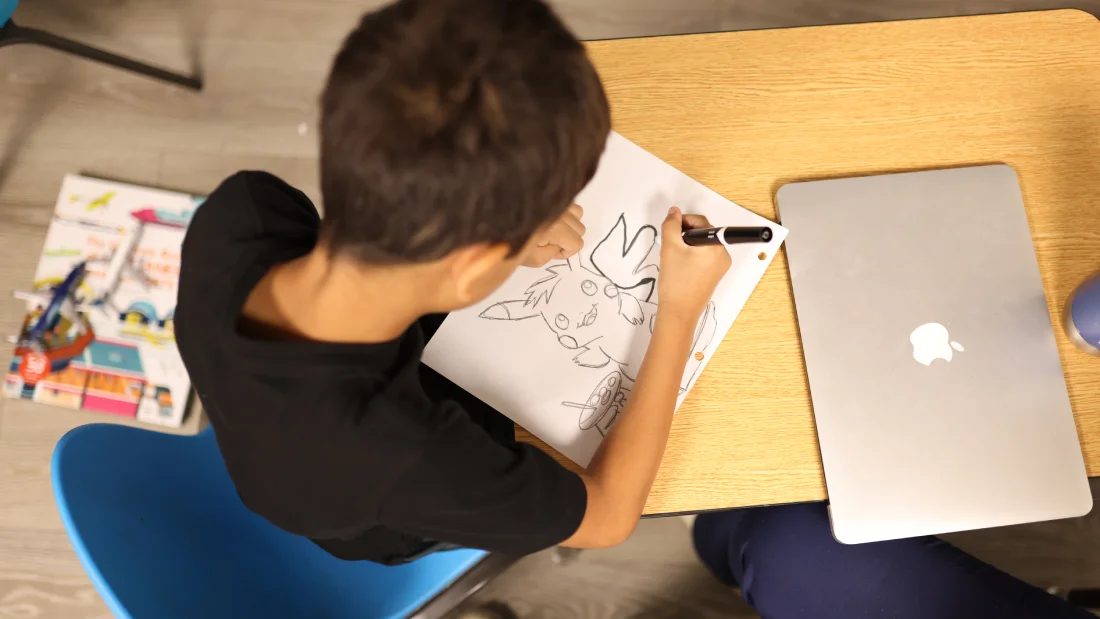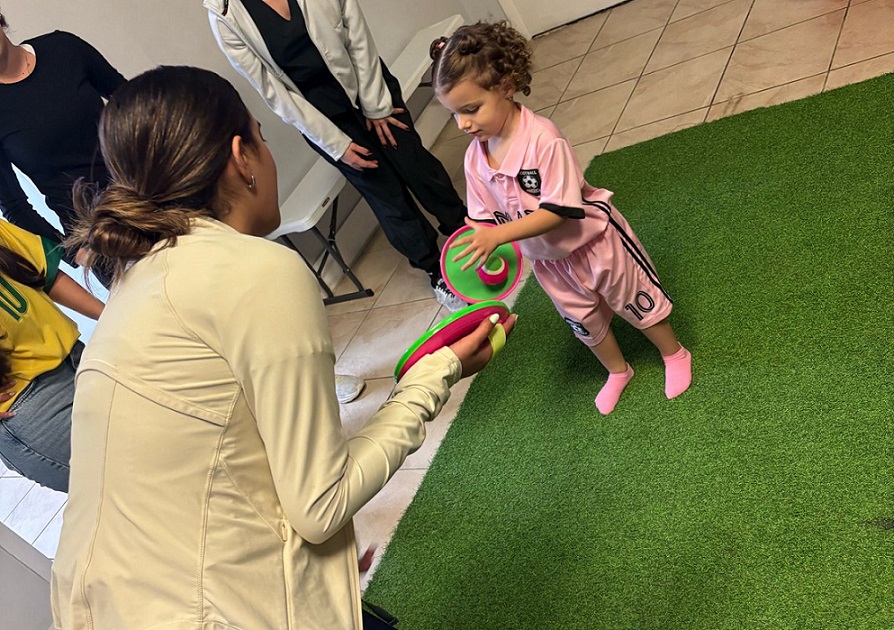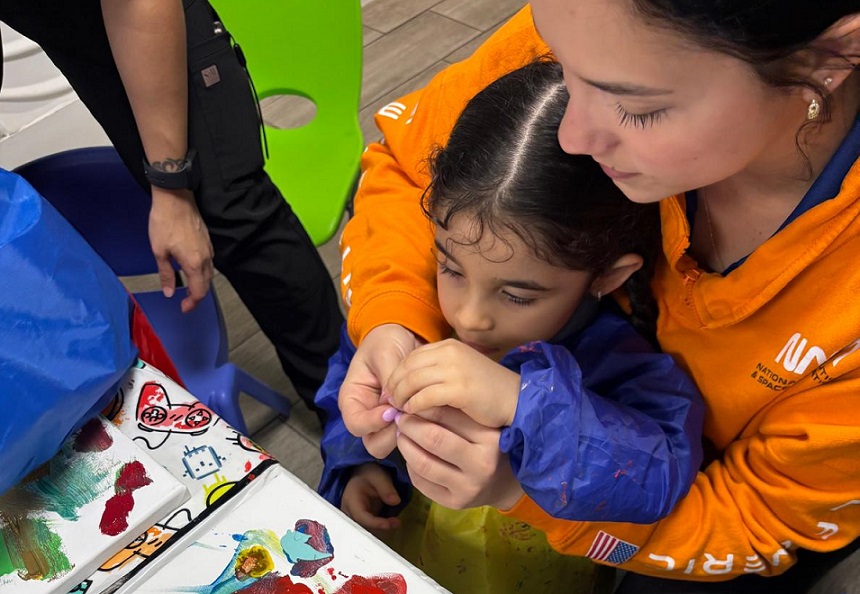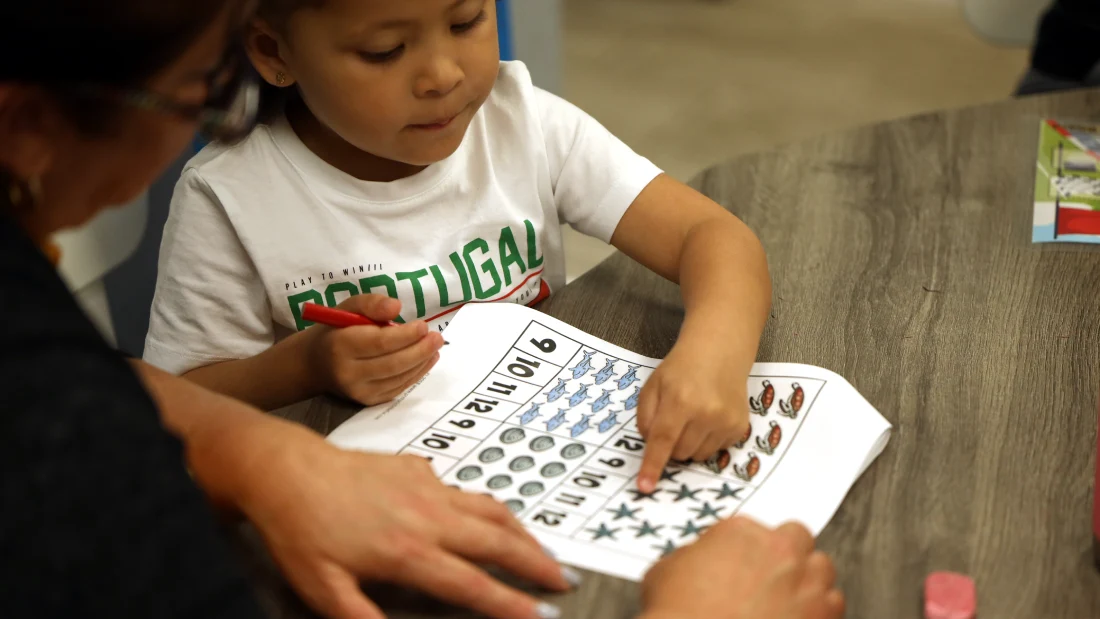Outdoor play is not just pure entertainment; it is an essential tool for the holistic development of children, especially those on the autism spectrum. Thus, the relationship between autism and outdoor play not only fosters social interaction and connection with the environment but also provides sensory stimuli that are fundamental to their development.
Moreover, outdoor spaces offer a much more flexible environment, ideal for autistic children to explore and develop motor and emotional skills without feeling overwhelmed by excessive stimuli or physical limitations. At this point, it is important to know that in the United States, the prevalence of autism has increased by 312% in the last two decades.
Therefore, in this article, we will explore which outdoor games and activities are most recommended to meet the specific needs of each child, and how the connection between autism and outdoor play can become a way of life to promote their well-being and personal development.
What are the benefits of outdoor play for autistic children?

In a natural environment, children have the opportunity to explore, learn, and connect with the world around them in a unique way. For this reason, a good relationship between autism and outdoor play can become a refuge of calm and positive stimulation for every child on the autism spectrum.
Likewise, nature serves as a therapeutic environment for autistic children due to its unique sensory characteristics. Additionally, it has been shown that exposure to natural environments reduces anxiety levels, increases attention capacity, and improves cognitive function in children with autism.
Furthermore, among the main benefits of the connection between autism and outdoor play for autistic children are:
- Improvement of motor skills and coordination: Physical games like running or jumping help develop gross and fine motor skills, strengthening muscles and coordination.
- Reduction of anxiety and stress: Being in contact with nature and breathing fresh air positively impacts emotional regulation, reducing stress and anxiety.
- Controlled sensory stimulation: Natural environments offer gentle sensory stimuli that may be easier for sensitive children to process.
- Promotion of social skills: Participating in outdoor games with other children allows them to practice interaction skills, enhancing the connection between autism and outdoor play.
- Improvement in concentration and focus: Open spaces can be less overwhelming than enclosed environments, allowing them to concentrate better on activities.
- Promotion of autonomy and confidence: Exploring new outdoor spaces gives them a sense of independence, helping them gain confidence in their own abilities.
- Fostering physical well-being: Outdoor activities contribute to an active lifestyle, which is crucial for physical health and the development of positive interactions between autism and outdoor play.
What are the most recommended outdoor games and activities?

We already know that activities that foster the relationship between autism and outdoor play are an invaluable tool for promoting the development of autistic children. Moreover, these games not only allow them to connect with the natural environment; by taking them out of enclosed spaces, a space is created where they can explore and learn with greater freedom and fewer restrictions.
In this way, outdoor adventures offer many opportunities for autistic children to develop physical and motor skills. Thus, activities such as hiking, cycling, climbing, and swimming engage different muscle groups, promoting a positive relationship between autism and outdoor play. The 8 most recommended outdoor activities are as follows:
- Simple obstacle courses: Help improve coordination and gross motor skills while becoming fun challenges that boost their self-confidence.
- Sensory exploration in nature: Collecting leaves, touching trees, or listening to the sounds of the environment fosters sensory stimulation in a controlled and relaxing setting.
- Ball games: Throwing and catching balls reinforce fine motor skills and encourage interaction with other children, developing social skills.
- Treasure hunts: An activity that stimulates concentration and focus, and can be adapted to any environment, such as parks or gardens.
- Walks on natural trails: Ideal for stimulating exploration and environmental recognition while promoting relaxation and reducing stress.
- Outdoor art: Painting or drawing in open spaces not only develops creativity but also allows them to connect with their surroundings in an artistic way.
- Instruction-following games: Activities like “Follow the Leader” or imitation games promote listening and comprehension skills, which are essential for development.
- Building with natural elements: Using stones, branches, or sand to create shapes and structures stimulates creativity and manual coordination.
Autism and outdoor play: Tips for parents and educators.

The role of parents and educators is crucial in enhancing the development and happiness of children, especially those on the autism spectrum. Thus, guiding them with patience, understanding, and effective strategies not only strengthens their growth but also provides them with the necessary tools to navigate the world of autism and outdoor play.
On the other hand, understanding their needs, fostering an inclusive environment, and adapting educational practices are key to helping them reach their full potential. Therefore, we will explore practical and effective tips to support both parents and educators in finding the right balance between autism and outdoor play:
- Encourage open and effective communication: Using adapted methods, such as visual or gestural language, helps improve understanding and reduces frustration in children.
- Establish clear and predictable routines: Routines provide security and help children anticipate what will happen, reducing anxiety.
- Create an inclusive and respectful environment: Promoting acceptance in educational and family settings allows children to feel valued and comfortable.
- Be patient and celebrate small achievements: Recognizing every progress, no matter how small, reinforces the child’s confidence and motivates them to keep learning.
- Provide constant emotional support: Ensuring that children feel heard and understood fosters a strong and trustworthy relationship.
- Promote socialization in safe environments: Planning group activities that are inclusive and respect the child’s pace facilitates social interaction without pressure.
- Educate yourself and stay informed: Parents and educators can seek workshops, books, or professionals to better understand the child’s needs and new support strategies.
- Adapt the learning environment: Using visual, tactile, or technological tools according to the child’s preferences and abilities improves their learning experience.
What resources and outdoor places can I explore?
Finding suitable spaces and specific resources for children on the autism spectrum is key to ensuring enriching and satisfying activities. Likewise, outdoor places not only provide a relaxing and stimulating environment but also allow children to enjoy an experience tailored to their needs.
On the other hand, resources specifically designed for this purpose, such as guides, apps, or support programs, help plan and maximize these experiences, strengthening a truly beneficial connection between autism and outdoor play:
- Inclusive parks: Many public parks are designed with areas adapted for children with different needs, offering sensory play and outdoor equipment for autism.
- Botanical gardens and natural spaces: These places provide a sensory-rich environment where children can touch plants, listen to natural sounds, and explore freely.
- Inclusive recreation programs: There are centers and organizations that offer outdoor activities specifically adapted for children on the autism spectrum, such as camps or recreational workshops.
- Interactive outdoor museums: Some museums have outdoor areas where children can explore, experiment, and learn in a relaxed and open environment.
- Accessible beaches and coastal areas: Beaches that offer access and adapted areas can be ideal for sensory activities, such as playing with sand or interacting with water safely.
Koala ABA Learning Centers: Outdoor activities tailored to each child’s needs.
At Koala ABA & Learning Centers, our therapists develop individualized Occupational Therapy plans for children with diverse needs. Thus, through fun and engaging outdoor activities, they address fine motor skills such as handwriting, cutting with scissors, and other skills. Additionally, we recognize the importance of gross motor skills in overall development.
Our therapy sessions may include activities designed to improve:
- Coordination and balance.
- Strength and endurance.
- Running, jumping, and climbing.
On the other hand, our Summer Camps in Doral, Florida, go beyond mere entertainment. In addition to providing an exciting and engaging environment, these programs subtly foster essential life skills in your child. In this way, campers learn to work as a team and collaborate through group activities such as:
- Virtual field trips.
- Arts and crafts.
- Character costume parties.
- Obstacle courses.
If you feel that you have found the answers you were looking for with us, don’t wait any longer! Discover now the transformative power of activities, from sports camps to creative arts programs and educational adventures.
Contact us today!, and let your child explore their passions, discover new talents, and create lifelong memories in a safe and enriching environment.

